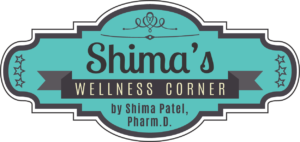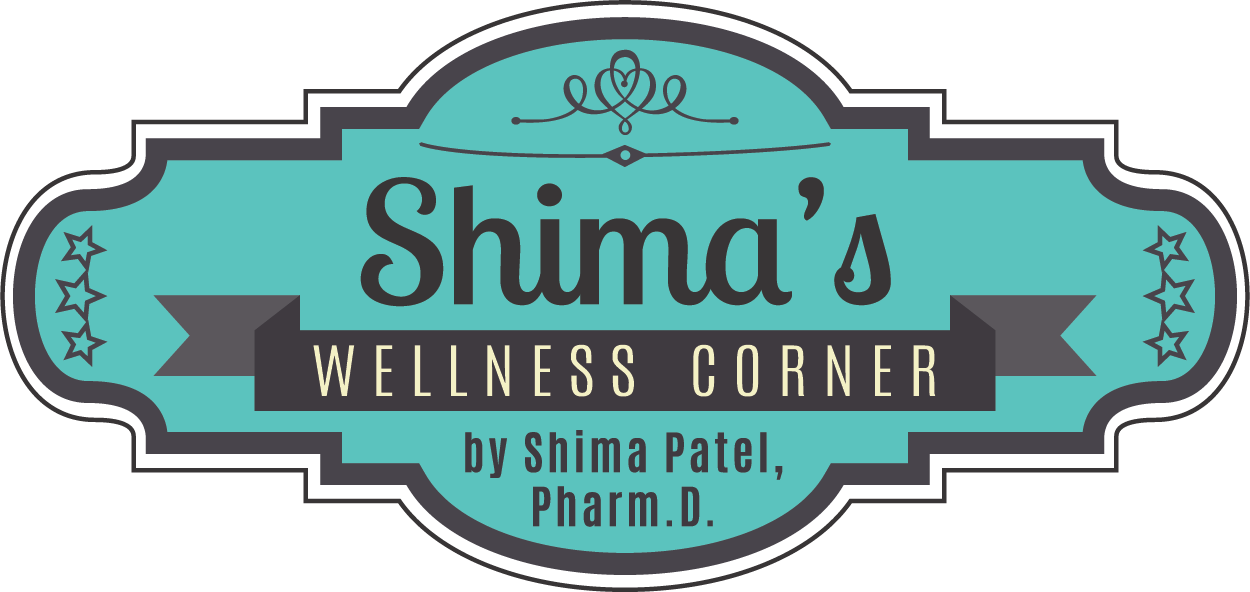
The CDC reports “1/3 of U.S. adults are getting less then the recommended amount of sleep.” Improving your sleep hygiene can help you get a better nights sleep.
1. Make your room really dark, even a tiny amount of light can interfere with melatonin production, (melatonin is a hormone your brain produces to help with sleep), that includes electronic devices or light from your bedroom window.
2. Keep your bedroom cooler, between 60 – 68 degrees F.
3. Make your room as quiet as possible. Use ear plugs if things are noisy or use a fan for white noise.
4. Get a good quality mattress and pillow.
5. Stick to a sleep schedule. Wake up at the same time every day, even on weekends. This helps your body establish an effective rhythm.
6. Avoid electronic devices 2 hours before bedtime. Stop using your cell phone as an alarm and replace it with a powered alarm clock. Charge your phone in another room.
7. Read for 15 minutes before bed. Pick up a book you would not normally read. For example if you normally read non-fiction try reading a fiction book.
8. Do not go to bed hungry or stuffed. Avoid stimulants such as nicotine and caffeine. Also avoid alcohol, it can disrupt sleep later in the night. Limit fluids after 8 pm to reduce time getting up to go to the bathroom.
9. Blue and Red light. Blue lights cause wakefulness like midday sunshine or light from electronics. Red lights do not impair sleep, like the warm red glow from a fireplace.
10. Establish a sleep ritual. For example; turn off electronics a few hours before bed and drink some chamomile tea.
11. Avoid naps, but if you have to take a nap in the day, limit it to 30 minutes and avoid taking them later in the day.
12. First thing upon waking, try to get some sunlight or use a daylight lamp and take vitamin D3 daily in the morning. Vitamin D is tied into your wakefulness patterns.
13. Do not exercise a few hours before bedtime.
Sources: Mayo Clinic, Scrawny to Brawny, CDC, and Web MD

About Shima: Shima graduated from the University of Arkansas with a BS in Microbiology in 1997 and worked at the University of Arkansas for Medical Sciences with the Infectious Disease Department on clinical trials for over 4 years. She then pursued a career change and graduated with her Doctorate degree from St. Louis College of Pharmacy in 2007. During her years enrolled in pharmacy school she worked part-time at St. Louis University, where she helped design a laboratory protocol for the BCG Vaccine Study, which received full funding in 2011.
Shima joined Sinks and Medley Pharmacy in September of 2014 as a pharmacist. She continually strives to focus on improving outcomes and raising the quality of life for patients with all types of medical ailments and conditions.

 4. Judge your hunger. Is it real or emotional? If a few hours have passed since you ate and your stomach is not rumbling, you’re probably not hungry. Give the craving time to pass. Hunger can be mistaken for being thirsty. Try drinking more water throughout the day.
4. Judge your hunger. Is it real or emotional? If a few hours have passed since you ate and your stomach is not rumbling, you’re probably not hungry. Give the craving time to pass. Hunger can be mistaken for being thirsty. Try drinking more water throughout the day.